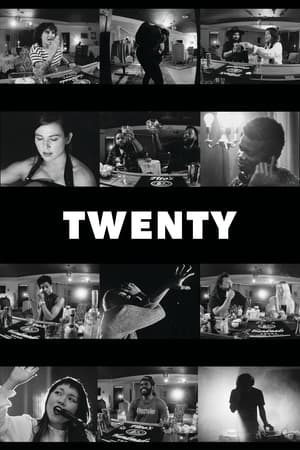
Twenty(2023)
Within a secret speakeasy, fifteen young people talk, sing, dance - and drink - briefly hidden from the chaos of the outside world.
Set in a speakeasy in Atlanta, “Twenty” is a feature documentary about fifteen young people making it through 2020. The film is an observational time capsule that lays bare the raw reflections of a group of people surviving a year that will be seared into our generational memory.
Movie: Twenty
Top 10 Billed Cast
Self
Self
Self
Self
Self
Self
Self
Self
Self
Self
Video Trailer Twenty
Similar Movies
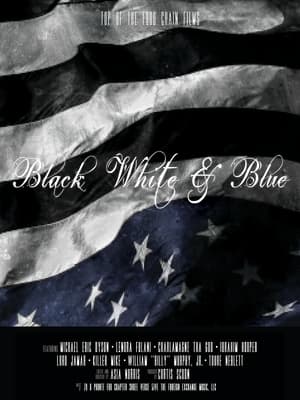 0.0
0.0Black, White & Blue(en)
Black White & Blue covers race issues in America, police brutality, the Black Lives Matter movement, the Flint Water Crisis, and the 2016 election of President Donald Trump. The film features one-on-one interviews with notable African-Americans: Michigan Senator Coleman Young II, Baltimore attorney William "Billy" Murphy Jr., rapper Killer Mike, former NYPD Officer Michael Dowd and others.
 6.0
6.0Los locos que no pararon la tele(es)
The famous Spanish comedian Andreu Buenafuente, CEO of the production company El Terrat and prestigious TV host, tells how he and his numerous collaborators, both on set and behind the cameras, managed to carry on with their work despite the chaos and the several logistical and human problems caused by the global pandemic that began in early 2020.
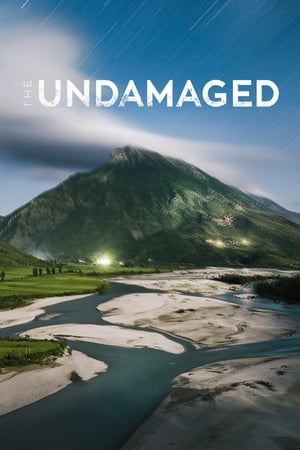 0.0
0.0The Undamaged(sl)
The Balkans cradles Europe's last wild rivers and supports abundant wildlife and healthy, intact ecosystems. These rivers are "The Undamaged" – clean, pristine, and undammed. With over 2,700 small and large hydro power plants planned or under construction in the Balkans, corruption and greed are destroying the last free-flowing rivers of Europe. Follow the Balkan Rivers Tour, a rowdy crew of whitewater kayakers, filmers, photographers and friends who decided to stand up for the rivers, travelling from Slovenia to Albania for 36 days, kayaking 23 rivers in 6 countries to protest the dams and show the world the secret wild rivers of the Balkans. The film honours everyday people and local activists who are fighting to defend rivers and aims to spread the word of the plight of these rivers, showing a new style of nature conservation that is fun, energetic and effective.
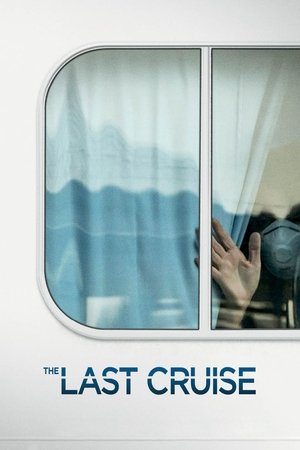 6.6
6.6The Last Cruise(en)
Using intimate footage recorded by passengers and crew, The Last Cruise is a first-person account of the nightmare that transpired aboard the ill-fated Diamond Princess cruise ship, which set sail from Japan on the earliest days of the COVID-19 pandemic.
 6.7
6.7The Big One(en)
The Big One is an investigative documentary from director Michael Moore who goes around the country asking why big American corporations produce their product abroad where labor is cheaper while so many Americans are unemployed, losing their jobs, and would happily be hired by such companies as Nike.
 6.7
6.7Dixie Chicks: Shut Up and Sing(en)
Shut Up and Sing is a documentary about the country band from Texas called the Dixie Chicks and how one tiny comment against President Bush dropped their number one hit off the charts and caused fans to hate them, destroy their CD’s, and protest at their concerts. A film about freedom of speech gone out of control and the three girls lives that were forever changed by a small anti-Bush comment
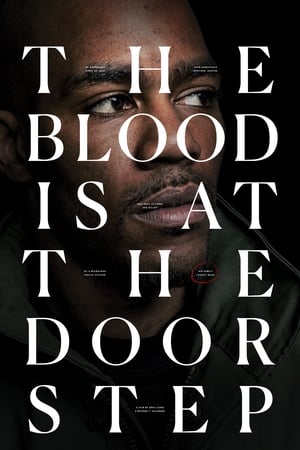 6.5
6.5The Blood Is at the Doorstep(en)
After Dontre Hamilton, a black, unarmed man diagnosed with schizophrenia, was shot 14 times and killed by police in Milwaukee, his family embarks on a quest for answers, justice and reform as the investigation unfolds.
 1.0
1.0The Stand(en)
On a misty morning in the fall of 1985, a small group of Haida people blockaded a muddy dirt road on Lyell Island, demanding the government work with Indigenous people to find a way to protect the land and the future. In a riveting new feature documentary drawn from more than a hundred hours of archival footage and audio, award-winning director Christopher Auchter (Now Is the Time) recreates the critical moment when the Haida Nation’s resolute act of vision and conscience changed the world.
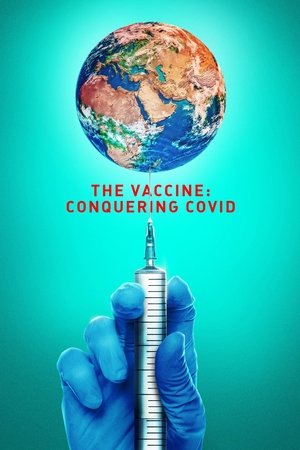 3.0
3.0The Vaccine: Conquering COVID(en)
An in-depth look at the race to develop, manufacture and distribute a vaccine for Covid-19 - which may be the most monumental scientific achievement in modern history. Interviews with some of the main players take you inside the real-life drama as it unfolded.
 0.0
0.0El apagón: Aquí vive gente(es)
“El Apagón: Aquí Vive Gente” is a documentary directed by Bad Bunny and Blanca Graulau. This 23-minute film explores the socio-economic challenges in Puerto Rico, focusing on the effects of power outages and gentrification driven by the real estate and energy sectors. Through visuals and personal stories, the documentary highlights the experiences of Puerto Rican communities facing these issues.
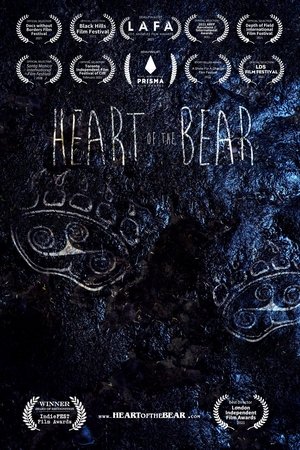 0.0
0.0Heart of the Bear(en)
A woodsman from the Catskills helps a group of people get through the COVID-19 pandemic with a daily livestream.
 6.0
6.0World War C(nl)
It's war. War against an invisible enemy that is not as deadly as we are told. The world is changing rapidly. Disproportionate measures are taken worldwide that disrupt society as a whole. A dichotomy in society forced vaccinations and restrictions on freedom. Have we had the worst? Or is there something more disturbing to awaiting us.
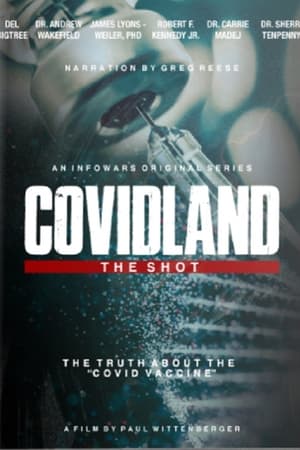 8.0
8.0Covidland: The Shot(en)
The Covid hysteria began with slogans like “just 15 days to flatten the curve”, but within a year, it evolved to be “everyone must get vaccinated”. Your rights to the absence of coercion and informed consent are now under continual attack! People around the world are unable to get on planes and trains, access hospitals, attend funerals, go to restaurants and gyms, simply because they do not have a “health” pass.
 6.4
6.4The Day Sports Stood Still(en)
The story of the unprecedented sports shutdown in March of 2020 and the remarkable turn of events that followed. This sports documentary is a chronicle of the abrupt stoppage, athletes’ prominent role in the cultural reckoning on racial injustices that escalated during the pandemic, and the complex return to competition in the summer and fall.
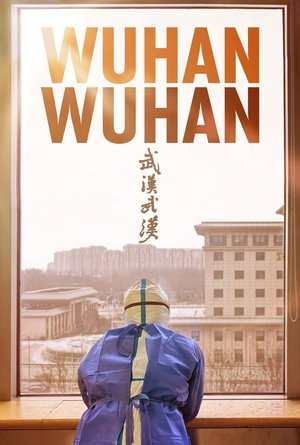 6.0
6.0Wuhan Wuhan(en)
In a time when the world needs greater cross-cultural understanding, WUHAN WUHAN is an invaluable depiction of a metropolis joining together to overcome a crisis.
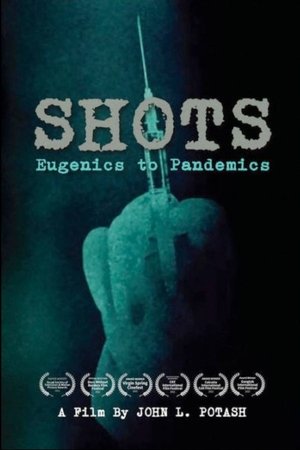 0.0
0.0Shots: Eugenics to Pandemics(en)
Shots puts an amusing spin on the little-known history of eugenics. It traces the genocidal, anti-ethnic eugenics movement which resulted in the sterilization and elimination of millions. It exposes how the wealthiest families financed the evolution of eugenics into Nazi Germany, and pushed America into perpetual wars. These families further influenced the government's elimination of financial liability for vaccine manufacturers while simulating run-ups to the 2020 pandemic. By that year the wealthiest had bought and controlled the media, and censored medical experts that criticized government actions. Shots illuminates how the government censored effective therapeutics, financially incentivized hospitals to adopt misleading reporting practices and deadly treatments, doubled global deaths with lockdowns, bankrupted small businesses, and allowed the most unsafe vaccines in a century.
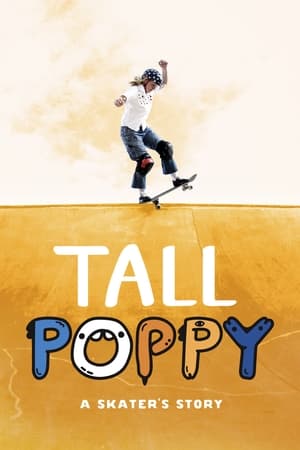 0.0
0.0Tall Poppy: A Skater's Story(en)
A child who just loved to skate from the age of eight, Poppy Starr Olsen became the number one female bowl skater in Australia at 14 and went on to take out bronze at the XGames at 17 - the ultimate competition in the world of skateboarding. The same year, skateboarding was announced as an official additional sport category at the Tokyo 2020 Olympics. Now faced with the opportunity to represent Australia on the world stage Poppy grapples with the transition from skater to athlete and the pressure of competition mounts in a way it has never done before.
 5.0
5.0Corona Film Club(en)
Documentary about filmmaker and film lover Stig Björkman during the pandemic year of 2020 when he stay in touch with his friends over his laptop.
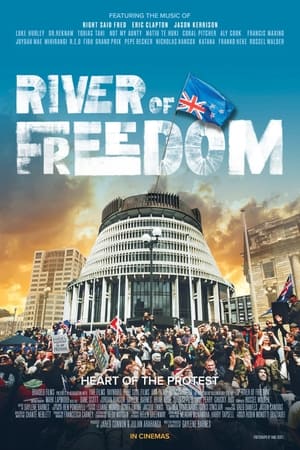 9.0
9.0River of Freedom(en)
When the New Zealand Government enforce mandatory vaccination on the workforce, many rebel. They convoy to Parliament in protest but are ignored by politicians, ridiculed by media and smashed by police after a 23-day occupation.
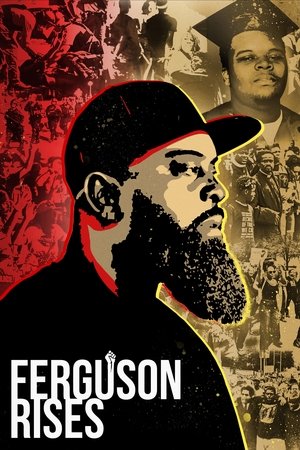 0.0
0.0Ferguson Rises(en)
Before George Floyd, before Breonna Taylor, before America knew about Black Lives Matter, there was Michael Brown, Jr. On August 9th, 2014, in Ferguson, Missouri, a white police officer fatally shot an unarmed Brown. The community reacted in protest, anger, frustration, and fear. Six years later, a new story emerges - one filled with hope, love, and beauty.
